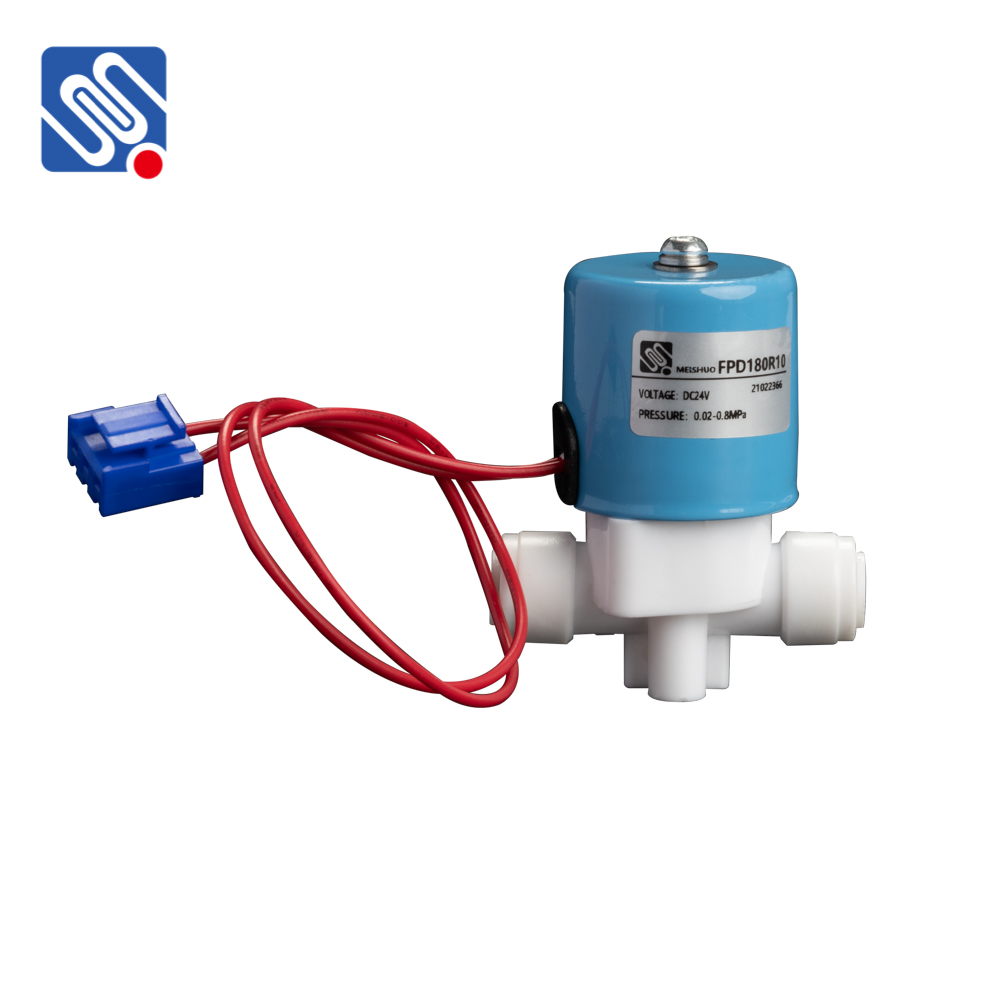In the food and beverage industry, maintaining hygiene and safety standards is paramount. One critical component that plays a significant role in ensuring these standards are met is the food grade solenoid valve. This article explores the importance, functionality, applications, and key features of food grade solenoid valves, highlighting why they are indispensable in food processing systems.

What is a Food Grade Solenoid Valve? A food grade solenoid valve is an electromechanical device designed to control the flow of liquids or gases in various food and beverage applications. Made from materials that adhere to stringent hygiene and safety standards, these valves are crucial for preventing contamination during food processing. The primary materials used in the manufacturing of food grade solenoid valves often include stainless steel, polypropylene (PP), and FDA-approved elastomers. Importance of Food Grade Solenoid Valves The food and beverage industry is subject to rigorous regulations concerning hygiene and safety, which aim to protect consumer health. Food grade solenoid valves are designed to comply with these regulations, ensuring that the fluids used in food production are not contaminated by harmful substances. By utilizing these valves, manufacturers can optimize their processes while maintaining the integrity of their products.